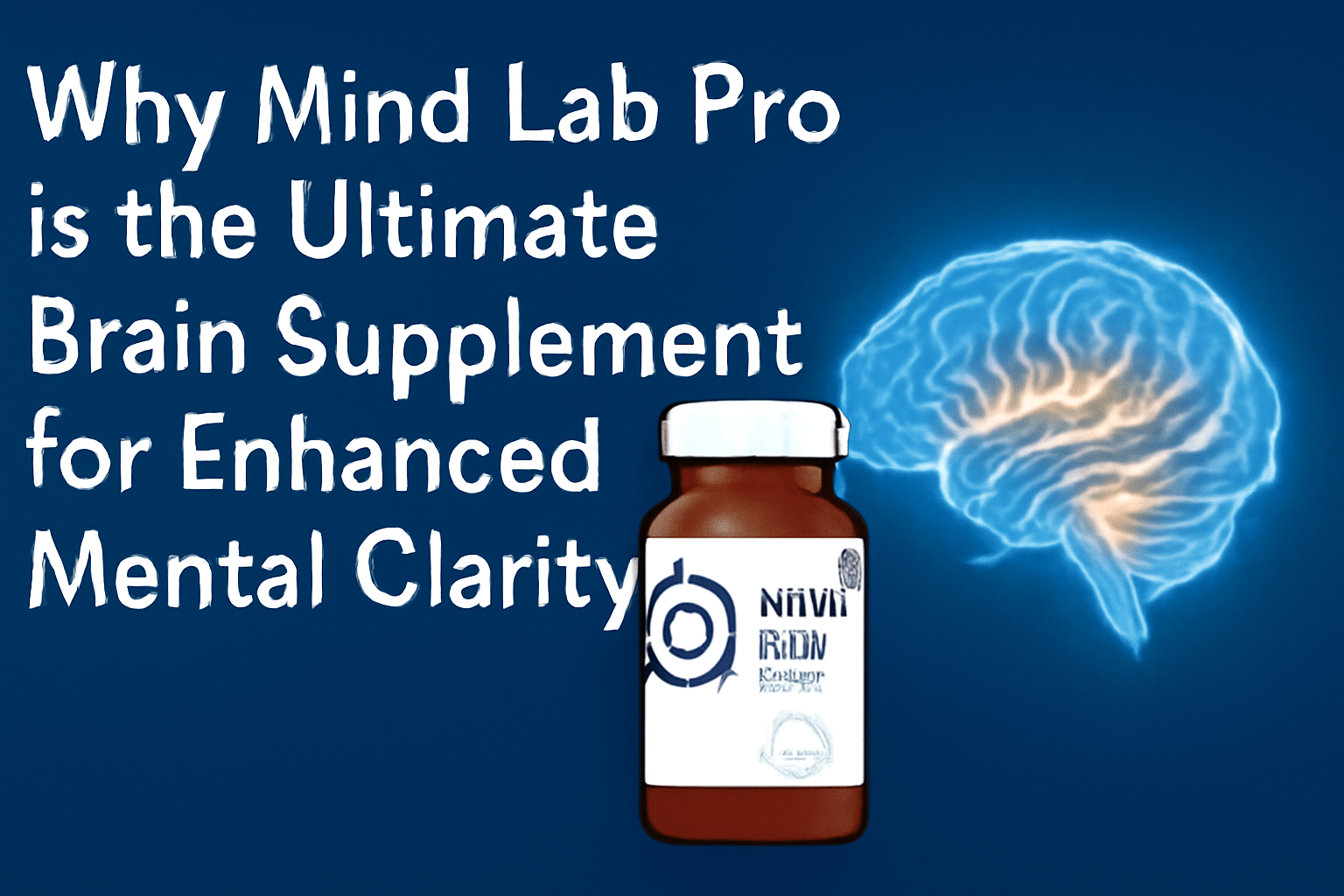Why Herbal Nutrition is the Key to a Balanced Lifestyle

Introduction
In today’s fast-paced world, achieving a balanced lifestyle often seems like an unattainable goal. With busy schedules, demanding careers, and various personal responsibilities, maintaining physical health and mental well-being can be a challenge. One of the most effective ways to foster a balanced lifestyle is through proper nutrition. Herbal nutrition, which involves the use of natural herbs and plant-based supplements, has been recognized for its potential to enhance overall health. This article delves into the various aspects of herbal nutrition and how it can be the cornerstone of a balanced lifestyle.
The Importance of a Balanced Lifestyle
Physical Health
A balanced lifestyle is crucial for maintaining physical health. It involves a harmonious blend of regular exercise, adequate rest, and proper nutrition. Herbal nutrition contributes to this balance by providing essential vitamins, minerals, and antioxidants that support bodily functions and prevent diseases.
Mental Well-being
Mental well-being is equally important in a balanced lifestyle. Herbal supplements can play a significant role in reducing stress, improving mood, and enhancing cognitive functions. Natural herbs like chamomile, lavender, and ginseng are known for their calming and mood-boosting properties.
Longevity and Quality of Life
Adopting a balanced lifestyle can significantly impact longevity and the quality of life. A diet rich in herbal nutrition can help in managing weight, boosting immunity, and reducing the risk of chronic diseases, thereby promoting a longer and healthier life.
The Role of Herbal Nutrition
Nutrient Density
Herbs are densely packed with nutrients, making them an excellent addition to any diet. They provide a rich source of vitamins, minerals, and phytonutrients that are essential for maintaining health. For instance, herbs like parsley and cilantro are high in vitamins A, C, and K, which are vital for various bodily functions.
Antioxidant Properties
Many herbs are known for their high antioxidant content. Antioxidants help combat oxidative stress in the body, which can lead to chronic diseases and aging. Herbs such as turmeric, basil, and oregano are renowned for their potent antioxidant properties.
Digestive Health
Herbal nutrition is also beneficial for digestive health. Herbs like peppermint, ginger, and fennel have been traditionally used to alleviate digestive issues such as bloating, indigestion, and gas. These herbs help in promoting healthy digestion and improving nutrient absorption.
Key Herbs for a Balanced Lifestyle
Turmeric
Turmeric is a powerful herb known for its anti-inflammatory and antioxidant properties. It contains curcumin, which has been extensively studied for its health benefits. Regular consumption of turmeric can help in reducing inflammation, managing pain, and protecting against chronic diseases.
Ashwagandha
Ashwagandha is an adaptogen, meaning it helps the body adapt to stress. It is known for its ability to reduce anxiety, improve sleep quality, and boost overall vitality. Including ashwagandha in your diet can enhance mental well-being and physical health.
Ginger
Ginger is another versatile herb with numerous health benefits. It is commonly used to treat nausea, reduce muscle pain, and lower blood sugar levels. Ginger’s anti-inflammatory properties also make it effective in managing arthritis and other inflammatory conditions.
Ginseng
Ginseng is revered for its energy-boosting and immune-enhancing properties. It helps in combating fatigue, improving cognitive function, and strengthening the immune system. Regular use of ginseng can promote overall well-being and vitality.
Incorporating Herbal Nutrition into Your Diet
Herbal Teas
One of the simplest ways to incorporate herbal nutrition into your diet is through herbal teas. Teas made from chamomile, peppermint, and hibiscus can provide numerous health benefits, from improving digestion to reducing stress.
Herbal Supplements
Herbal supplements are available in various forms, including capsules, powders, and tinctures. These supplements can be a convenient way to ensure you are getting the necessary herbs in your diet. However, it’s important to consult with a healthcare professional before starting any supplement regimen.
Cooking with Herbs
Incorporating fresh or dried herbs into your cooking is an excellent way to enhance the nutritional value of your meals. Herbs like basil, oregano, rosemary, and thyme can add flavor and health benefits to a variety of dishes.
The Science Behind Herbal Nutrition
Phytochemicals
Herbs are rich in phytochemicals, which are bioactive compounds that have been shown to have health benefits. Phytochemicals such as flavonoids, polyphenols, and terpenoids play a crucial role in protecting the body against diseases.
Anti-Inflammatory Effects
Chronic inflammation is a major contributor to many health problems, including heart disease, diabetes, and cancer. Many herbs have anti-inflammatory properties that can help reduce inflammation and promote overall health.
Immune Support
Certain herbs are known for their immune-boosting properties. Echinacea, elderberry, and garlic, for example, have been traditionally used to enhance immune function and protect against infections.
Practical Tips for a Balanced Lifestyle
Regular Exercise
In addition to herbal nutrition, regular exercise is vital for a balanced lifestyle. Engaging in physical activities such as walking, jogging, yoga, or strength training can improve physical health and mental well-being.
Adequate Sleep
Quality sleep is essential for overall health. Establishing a regular sleep routine and creating a restful environment can enhance sleep quality. Herbal teas like chamomile and valerian root can aid in promoting better sleep.
Stress Management
Managing stress is crucial for maintaining a balanced lifestyle. Techniques such as meditation, deep breathing exercises, and mindfulness can help reduce stress levels. Herbs like ashwagandha and lavender can also aid in stress management.
Conclusion
Herbal nutrition offers a natural and effective way to achieve a balanced lifestyle. By incorporating a variety of herbs into your diet, you can support your physical health, enhance your mental well-being, and improve your overall quality of life. Whether through herbal teas, supplements, or cooking with fresh herbs, there are numerous ways to benefit from the power of herbal nutrition. Embracing a balanced lifestyle with the help of herbal nutrition can lead to a healthier, happier, and more fulfilling life.


